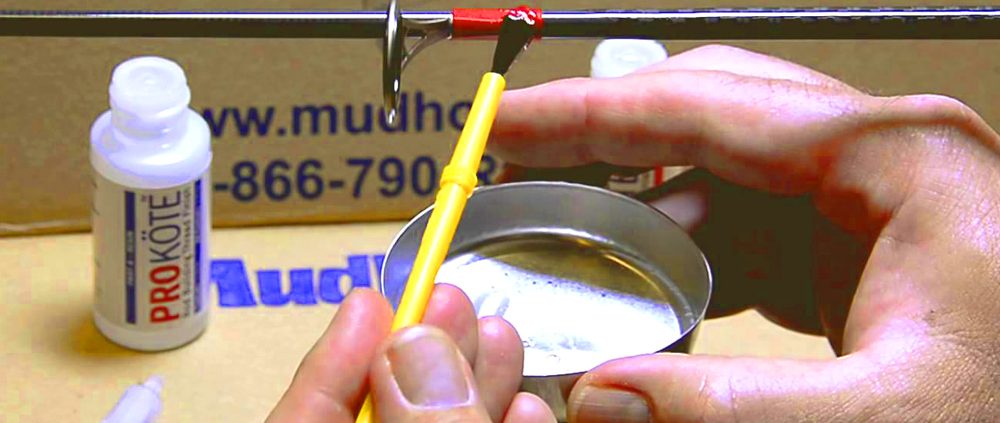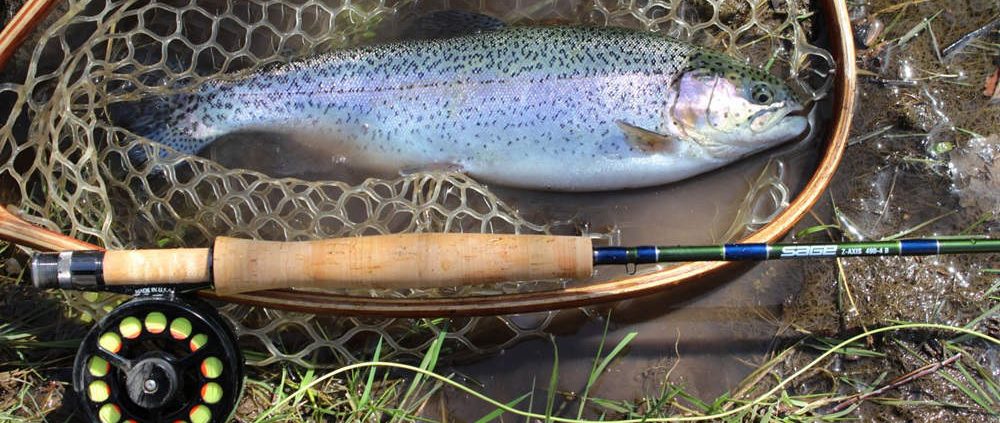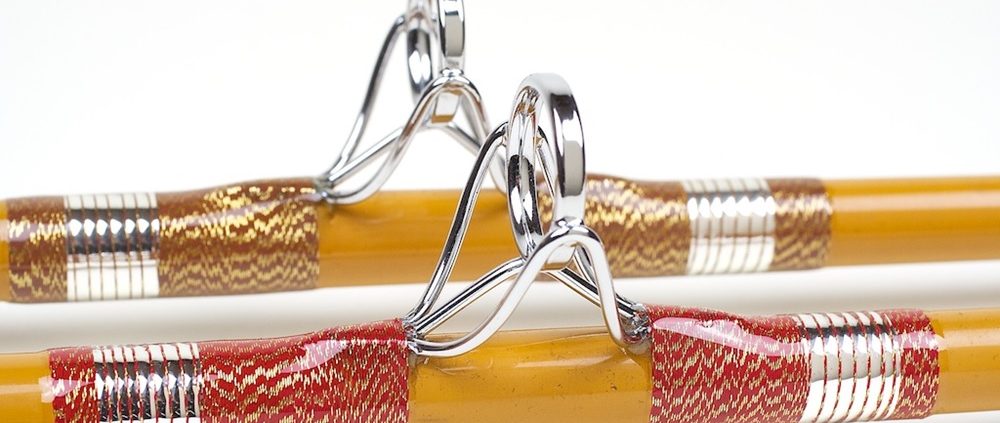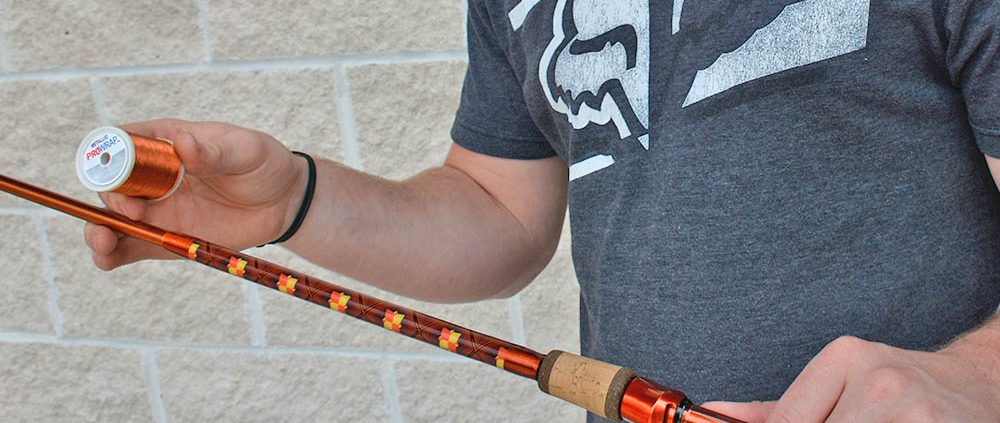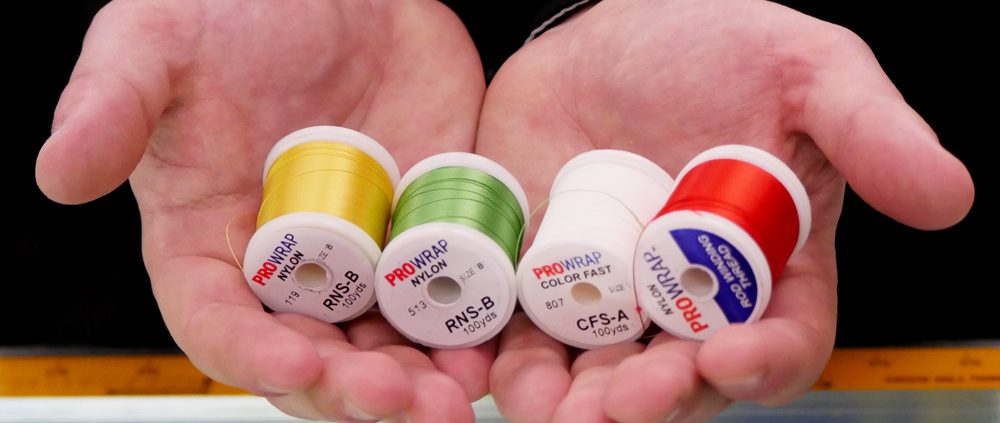After spending hours upon hours building a handle, wrapping guides, spinning a decorative wrap, and any other time consuming tasks associated with your rod build, the last step is to apply your epoxy finish. Though it is the last step, it is definitely not the easiest step. More rod building questions are stemmed from epoxy application than any other of the necessary steps.
Most people reading this article are probably using a factory made fishing rod, and you love to fish, right? I mean, you have probably been fishing for years and catching loads of fish.
So it begs the question, why a custom rod? A fair question and this article dives into some reasons why you may want to build your own fishing rods.
Trim wraps are a decorative thread pattern typically used around the edges of your guide wraps.
Ideally, you would use a contrasting nylon thread or metallic thread for this. For example, if you are using black guide wrap, then you may choose a red or gold thread for your trim wrap.
Also, trim wrap thread is typically size A thread. Size A gives the trim wrap a tight finish that almost looks like a solid color instead of threading (like if you used a larger size thread).
This article was written from one of the lead rod building instructors at Mud Hole Custom Tackle. Thanks for letting us post it here!
Building a fishing rod should be a fun and enjoyable experience. As one of Mudhole’s instructors for our Rod Building Classes, I have come to notice several factors that will aid any beginner rod builder.
This article was originally posted on The Custom Fisherman, and is re-posted here with their permission. Thanks TCF!
Next to finding the spine of a rod blank, wrapping your guides is one of the most important steps in custom rod building. When not done correctly, the overall performance and stability of the rod may be compromised. This article is a product review of ProWrap thread and braid by ProProducts.
There are many different threads that can be used when building a rod. They vary from color treated (thread that has already been treated with color preserver), regular nylon, metallic, and even polyester.
Many people ask about which thread needs color preserver and which ones do not, and the answer is any nylon or polyester thread needs color preserver. Metallic threads do not need color preserver.
With that being said, it never hurts to use color preserver on anything if you are questioning whether you need it. It will not hurt either way.

